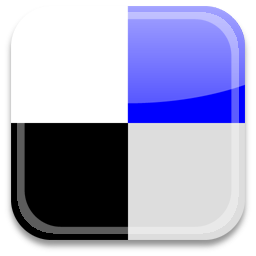
Today we will learn some most frequently used sentences in Chinese with the following clips. Some of them are elaborated, but some are not, so I hope my explanation will help a bit.
For xiè xie (谢谢, Thank You) you might notice that for the second 'xie' there is NO tone. It is because in oral Chinese, when the word is composed of two exactly same characters, the so-called 'light tone' applies on the second one. This is the same as bà ba (爸爸, father) and mā ma (妈妈, mother) as mentioned in previous posts.
There are many ways to respond to 'xiè xie', as in English,such as 'You are welcome!', 'It's all right!'.
bù(bú) kè qi (不客气):
This has great interpretation in the clip. Notice again, though 不 has the fourth tone originally, here (and you can also listen to the man in the clip) the second tone is what we usually pronounce. Normally it's because when two four-tone characters are together, the first one changes to the second tone--just because it sounds not that awkard.
méi shì er (没事儿):
Formally, méi shì (没事) will be enough, which literally means 'There is nothing', showing that what I have done for you is no big deal--Yes, a sign of eastern humility. Also, I guess the last 'er' part may confuse you since it does NOT look stardard anyway. Well, Ture! But it's one element of oral Chinese, especailly in northern China, to make people sound more natural and fluent. There are some, but for now let's just remember this one.
bù(bú) yòng xiè (不用谢):
It literally means 'no need to thank'.
zài jiàn (再见):
This is so commonly used, yes, it means 'Good bye!'
Read more...
Add Post To:









































 This is a clap during the Beijing Olympics and in this crash class you will find something you may already be familiar with, say, Pinyin (tone) and still can learn something new:
This is a clap during the Beijing Olympics and in this crash class you will find something you may already be familiar with, say, Pinyin (tone) and still can learn something new:

























 China Tradition
Shop
China Tradition
Shop
 Less Pain Chinese
Less Pain Chinese
